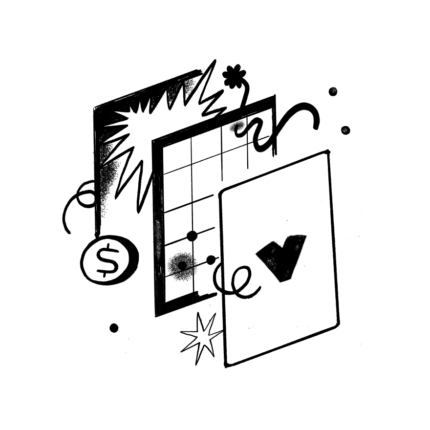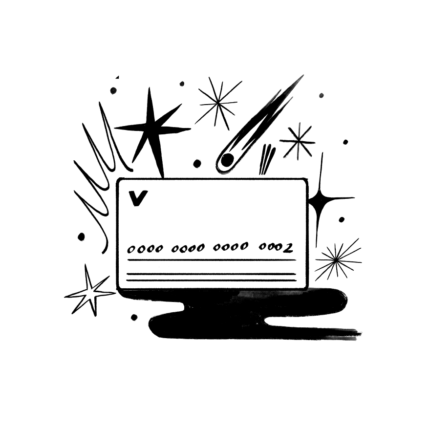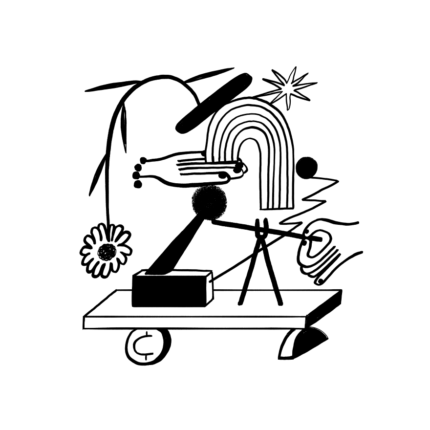
Get the most of your health savings account by avoiding these 3 mistakes
We love HSAs for so many reasons, but in order to reap all of their epic benefits, it’s important to steer clear of a few often-made mistakes.
Keeping a dedicated source of money to cover medical expenses is just… smart. Plain and simple. And what better place to do just that than in a health savings account (HSA)? Answer: there isn’t one! But to get the most out of your account, be sure to avoid the following three mistakes… they’re biggies.
1. Depleting your account by the end of the year.
If you’ve been in the workforce for some time now, you’re likely familiar with flexible spending accounts (FSAs). In fact, you’ve probably had one. But in case you’ve forgotten: with an FSA, the funds in your account must be spent by the end of the year. Or, you lose ‘em.
HSAs are different.
You don’t have to use up your account balance from year to year. In fact, because HSAs are triple tax-advantaged, it makes the most sense to keep a balance in your account year over year, letting the funds grow (tax-free!). By contributing more money than you may actually need in the immediate, you’re setting yourself up with a buffer, and perhaps even a significant health expense nest egg for retirement!
2. Using your HSA for non-qualified expenses.
There are lots of ways to make great use of your HSA. It can be an effective retirement-savings vehicle (hello, all things tax-free!), serve as an emergency fund, help pay for recurring medical expenses… the list goes on. But one use of your HSA that’s not so smart? Spending it willy-nilly on non-qualified expenses before age 65.
When you take money out of your HSA to pay for qualified medical expenses (defined herein IRS Publication 502), you get to use that money tax-free. But the catch is right there, front and center.
If you use your HSA funds for non-qualified medical expenses, you’ll not only be forced to pay taxes on the sum withdrawn but you’ll also get hit with a 20% penalty post-facto.
Of course, after age 65, the funds in your HSA are all yours—for whatever—even non-medical expenses, penalty-free. You’ll still owe income tax on those expenditures, but if you ask us… that’s worth all those extra years of compound interest!
So remember: paying for your doctor’s visit copay? Yep. Using your HSA as an emergency fund? Sure. Funding your late-night take-out? Just don’t do it!
3. Don’t exceed contribution limits.
Congress reviews budgets and mandates annually for the following year, and HSAs are always closely-considered. Contribution limits usually change from year to year, so it’s important to keep a keen eye on these numbers. Excess contributions are not only not tax deductive, but they’re also subject to a 6% excise tax.
The 2024 HSA contribution level maximum is $4,150 for individual coverage, and $8,300 for family coverage.
Ut-oh… reading this a little too late in the game and already over-contributed? You have two options, as explained by WageWorks.
1. “Remove the excess contributions and the net income attributable to the excess contribution before they file their federal income tax return (including extensions). You’ll pay income taxes on the excess removed from your HSA.
2. Leave the excess contributions in your HSA and pay a 6% excise tax on excess contributions. Next year you may want to consider contributing less than the annual limit to your HSA to make up for the excess contribution during the previous year.”
And while we’re on the topic of contributions, remember: just because you have a high-deductible health plan (HDHP) this year doesn’t mean you’ll have that plan next year. You may wind up with a different plan type, like a PPO or HMO, which could impact your HSA eligibility. It won’t mean you have to close your HSA, just that you’ll have to take a break from contributing to it. But don’t close it, because you can still use it to pay for expenses and you can still let your balance earn interest and grow.
No matter how well you’ve familiarized yourself with the rules of health savings accounts today, they can change occasionally, be sure to check back in with the rules to save yourself a big headache down the line.


